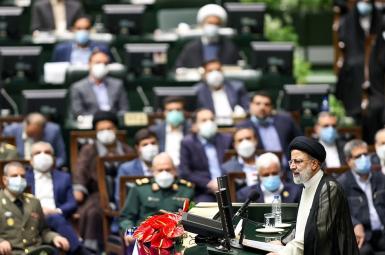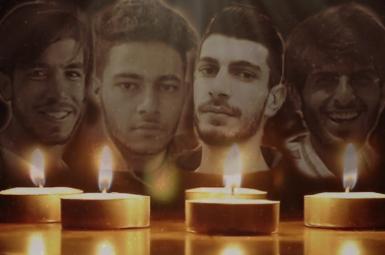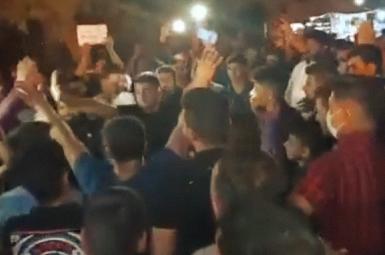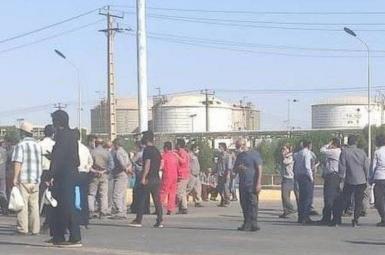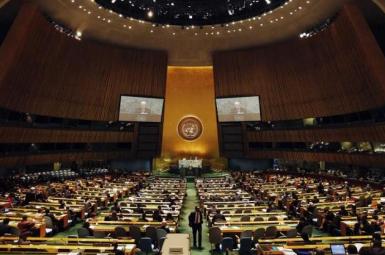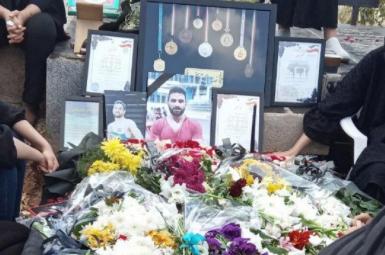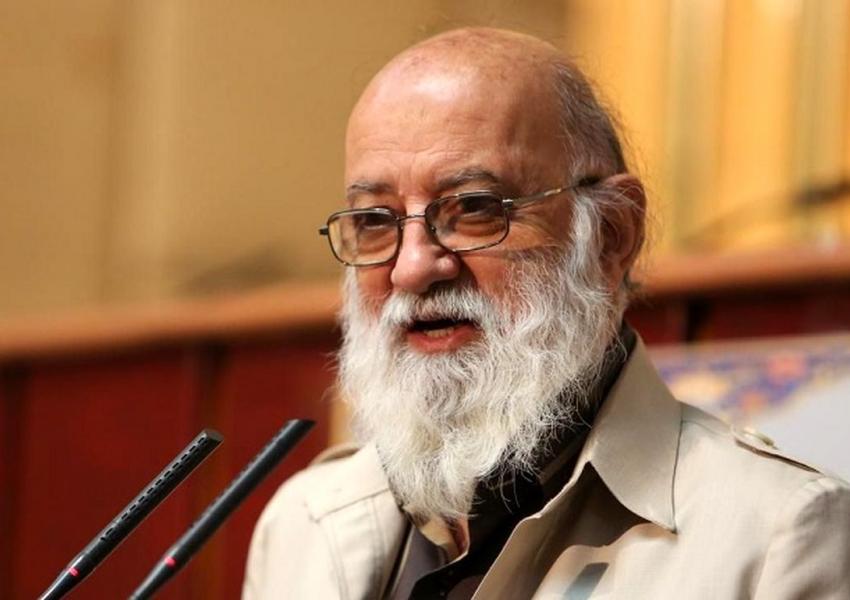
Iran's Hardliners Split Over Choosing New Tehran Mayor
The choice of a new mayor for Tehran has sparked a split among the principlist majority elected in local elections the same day of the controversial June 18 presidential poll, undermining expectations that a clearer direction might emerge from a united principlist sway over Iran’s executive and legislature as well as the councils of the capital and several other major cities.
Mehdi Chamran, newly elected council chairman, Saturday criticized as a “huge mistake” claims in some media that the council had in an informal session Wednesday appointed Alireza Zakani as mayor. In a note circulated to media, Chamran wrote that there was no official appointment until a formal meeting, which is due Sunday.
The first media outlet to report Zakani's ‘election’ was the Revolutionary Guards-affiliated Fars News Agency, which on Wednesday reported that councilors would announce Zakani's appointment at their first official meeting. Some media outlets published the names of those who had voted for Zakani’s rival Maziar Hosseini, including Chamran and Narjes Soleimani, the daughter of Qasem Soleimani, the Iranian general killed in Baghdad in January 2020 by a United States drone attack. Hosseini is an associate of Mohammad Bagher Ghalibaf, parliamentary speaker and a former Tehran mayor.
"In their reports they had divided members of the city council into revolutionaries and not-revolutionaries," Chamran was quick to write Saturday implying that he and others who did not vote for Zakani were considered as "not revolutionary". Zakani's rival, Hosseini, is affiliated to speaker of the parliament and former mayor, Mohammad-Bagher Ghalibaf.
The former mayor might have his own agendas regarding the city government. His 12-year tenure as mayor, which ended in 2017, was marred by large corruption allegations and some of his former aides were convicted. Ghalibaf closely cooperated with the Revolutionary Guards in big city contracts and at one point even Supreme Leader Ali Khamenei told the Guards to stay away from the city hall.
An audio file was leaked to the media in which Narjes Soleimani complains about a lack of transparency in voting and Chamran suggests that some council members had been threatened over their voting intentions. The conversation took place after the vote at the informal session with Chamran apparently unaware his microphone was open. "Last night was one of the worst nights ever, even worse than the time of the war [with Iraq 1980-88]," he is heard saying, presumably referring to alleged threats against councilors.
Some media suggested that Raisi’s speedy congratulations sent to Zakani showed that these alleged pressures came from Raisi’s camp, and reflected the new president’s delight that a potential rival, who wanted a role in the new presidential administration, had been eliminated.
Tehran municipality, which was in reformist hands until the recent election, has powers and a budget comparable to some government departments. In a commentary Friday, the reformist Arman newspaper said principlists, who had always accused reformists of sacrificing good administration by not co-operating when in office with other branches of government, were fighting among themselves even before the new Raisi administration took office.

